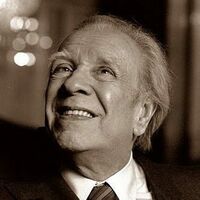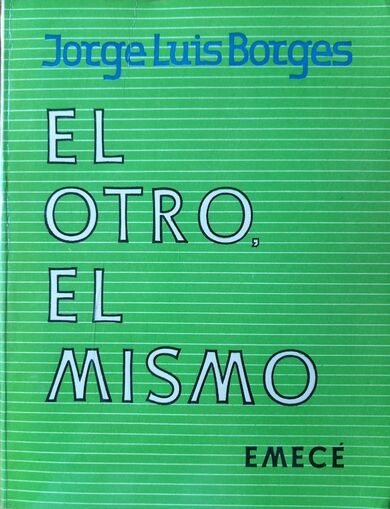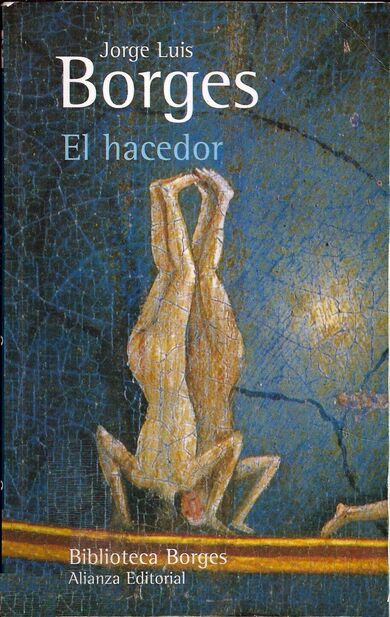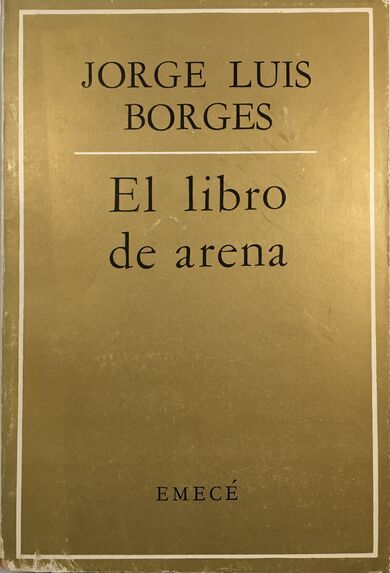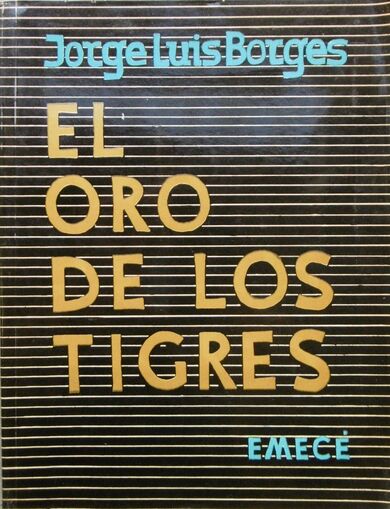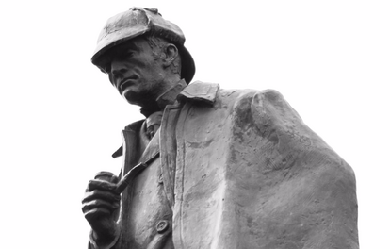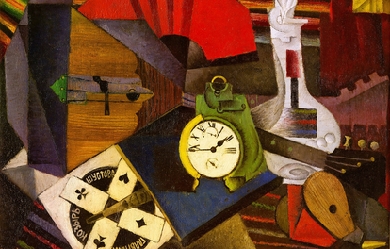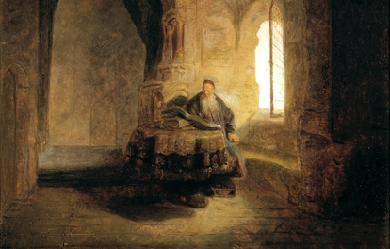
Another poem of gifts
I want to give thanks to the divine Labyrinth of causes and effects
For the diversity of beings that form this singular universe,
For Reason, that will never give up its dream of a map of the labyrinth,
For Helen’s face and the perseverence of Ulysses,
For love, which lets us see others as God sees them,
For the solid diamond and the flowing water,
For Algebra, a palace of exact crystals,
For the mystic coins of Angelus Silesius,
For Schopenhauer, who perhaps deciphered the universe,
For the blazing of fire,
That no man can look at without an ancient wonder,
For mahogany, cedar, and sandalwood,
For bread and salt,
For the mystery of the rose that spends all its color and can not see it,
For certain eves and days of 1955,
For the hard riders who, on the plains, drive on the catttle and the dawn,
For mornings in Motevideo,
For the art of friendship,
For Socrates’ last day,
For the words spoken one twilight
For that dream of Islam that embraced a thousand nights and one night,
For that other dream of Hell,
Of the tower of cleansing fire
And of the celestial spheres,
For Swedenborg, who talked with the angles in London streets
For the secret and immemorial rivers that converge in me,
For the language that, centuries ago, I spoke in Northumberland,
For the sword and harp of the Saxons,
For the sea, which is a shining desert
And a secret code for things we do not know
And an epitaph for the Norsemen,
For the word music of England,
For the word music of Germany,
For gold, that shines in verses,
For epic winter,
For the title of a book I have not read: Gesta Dei per Francos,
For Verlaine, innocent as the birds,
For crystal prisms and bronze weights,
For the tiger’s stripes,
For the high towers of San Francisco and Manhattan Island,
For mornings in Texas,
For that Sevillian who composed the Moral Epistle
And whose name, as he would have wished, we do not know,
For Seneca and Lucan, both of Cordova,
Who, before there was Spanish, had written
All Spanish literature,
For gallant, noble, geometric chess,
For Zeno’s tortoise and Royce’s map,
For the medicinal smell of eucalyptus trees,
For speech, which can be taken for wisdom,
For forgetfulness, which annuls or modifies the past,
For habits, which repeat us and confirm us in our image like a mirror,
For morning, that gives us the illusion of a new beginning,
For night, its darkness and its astronomy,
For the bravery and happiness of others,
For my country, sensed in jasmine flowers
For Whitman and Francis of Assisi, who already wrote this poem,
For the fact that the poem is inexhaustible
And becomes one with the sum of all created things
And will never reach its last verse
And varies according to its writers
For Frances Haslam, who begged her children’s pardon for dying so slowly,
For the minutes that precede sleep,
For sleep and death, those two hidden treasures,
For the intimate gifts I do not mention,
For music, that mysterious form of time.
Translated by Alan Dugan


